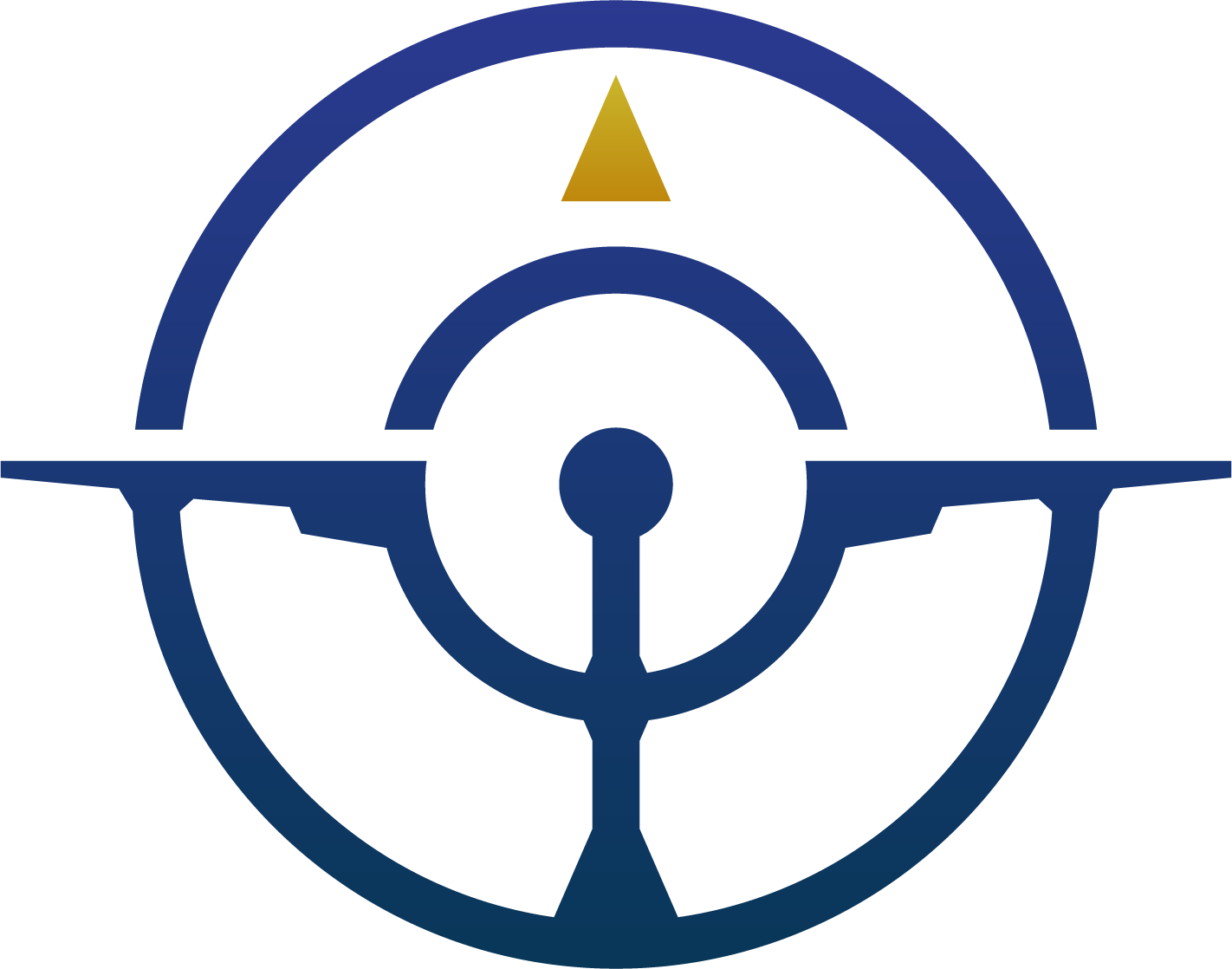Modern Applications of Sports Psychology
Now that we understand the definition and history of sports psychology, this next blog post focuses on the applications of sports psychology. Athletes deal with the same issues that all people deal with, plus some unique ones. Therefore, sports psychologists use many of the same treatments as general psychology, such as mindfulness, cognitive behavioral therapy, and psychotherapy. In addition, sports psychologists deal with unique problems like adjustment disorder and overtraining. We’re going to look at common psychological issues among athletes and how sports psychologists treat these conditions.
Athletes sometimes face addiction problems where they self medicate when the pressure is too much and their lives are painful. There was a research study from former Olympic cyclists who wanted to explore the cognitive strategies used to deal with pain during training. They found that if you established an end to the pain, the pain they were currently experiencing would stop (rehab-thailand). An athlete is lead to understand that just as their physical pain ends after a workout of game, their mental pain will dissipate with the right coping strategies. These strategies replace the self medication and athletes are able to kick the addiction in the end.
Another important issue that sports psychologists must treat is overtraining and burnout. Overtraining means that athletes train beyond the level that is ideal for maximum benefit. This may occur when an athlete feels internally that he is not good enough or that he cannot achieve his goals unless he is pushing himself to the limits. However, overtraining inevitably leads to burnout. Burnout implies physical and emotional exhaustion from a sport. It can lead to loss of interest and reduce performance in a sport (Zeepedia). Sports psychologists know that the only treatment is rest. Athletes will rest from anywhere up to 12 weeks. During their rest period, they may participate in low-intensity aerobic exercise (rchsd). As much as athletes may object to stopping their sport, especially after their hard training period, it is essential for the body and mind to rest after it has been overexerted.
The last issue we’re going to talk about in this series is adjustment disorder. This disorder occurs when a new situation causes an extremely negative reaction. For athletes, moving to a new team or heading to college can create a very foreign environment that they don’t feel at home in. This can lead to feelings of anxiety and depression. This is a very common disorder; in fact 5-20% of mental health diagnosis is related to adjustment disorder (psychologytoday). Sports psychologists will often treat adjustment disorder but having athletes take advantage pf the social support they have available, such as coaches, teammates, friends, and family. Usually, with the right healthy habits and support system, people are able to adjust.
Addiction, burnout, and adjustment disorder are three of many issues sports psychologists work to resolve. As you can see, the issues athletes have are universal. Sports psychologists are psychologists with a specific population of patients. If you think this is interesting, check out the podcasts on SportsPsychMD.
References
Adjustment Disorder | Psychology Today. (2019). Psychology Today. https://www.psychologytoday.com/intl/conditions/adjustment-disorder
Overtraining Syndrome/Burnout. (2019). Rchsd.org; RCHSD. https://www.rchsd.org/programs-services/sports-medicine/conditions-treated/overtraining-syndromeburnout/
BURNOUT IN ATHLETES:Overtraining and Overreaching Recommended Intervention Sport Psychology Social Sciences Psychology. (n.d.). Www.zeepedia.com. Retrieved August 5, 2021, from https://www.zeepedia.com/read.php?burnout_in_athletes_overtraining_and_overreaching_recommended_intervention_sport_psychology&b=96&c=43
ecentura. (n.d.). Sports psychology in Addiction treatment - Hope Rehab Center Thailand. Hope-Rehab-Center-Thailand.com. Retrieved August 5, 2021, from https://hope-rehab-center-thailand.com/sports-psychology-addiction-treatment/
